
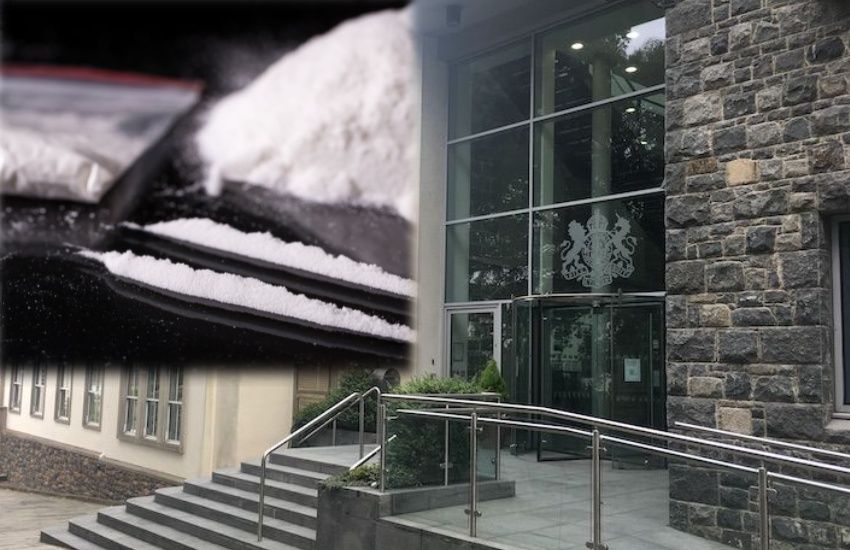

A woman has been refused leave to appeal against an 11-year prison sentence for involvement in the largest attempted importation of class A drugs seen in the island's courts.
Hannah Willey applied for leave to appeal on the ground that her sentence was excessive when compared with an 8-year sentence handed down to her co-defendant Karli Wellington.
Having reconsidered the circumstances of the case, Guernsey's Court of Appeal concluded that the distinction in the pair's sentences did not indicate that something had gone wrong with the administration of justice, and refused Willey leave to appeal.
The original sentences were handed down on 16 October 2020. The Court of Appeal issued its judgement on 8 December 2021. The lifting of reporting restrictions allows Express to report the case.

Pictured: Reporting restrictions had to be lifted to allow publication of the details of the original case and the application for leave to appeal by one of the co-defendants.
On 8 November 2019, Willey and Wellington travelled to Guernsey together from their homes in the UK. They sailed on Condor with an Audi which they drove off the boat.
They were questioned but denied having any restricted goods with them and said no one had asked them to bring anything over. Willey said the Audi was hers and that she had bought it a few weeks earlier.
They claimed that they had come to Guernsey for one night as a short break and would be returning to the UK the following day.
Condor confirmed that the pair had no return journeys booked. However, they did have a flight to England booked for the next day.
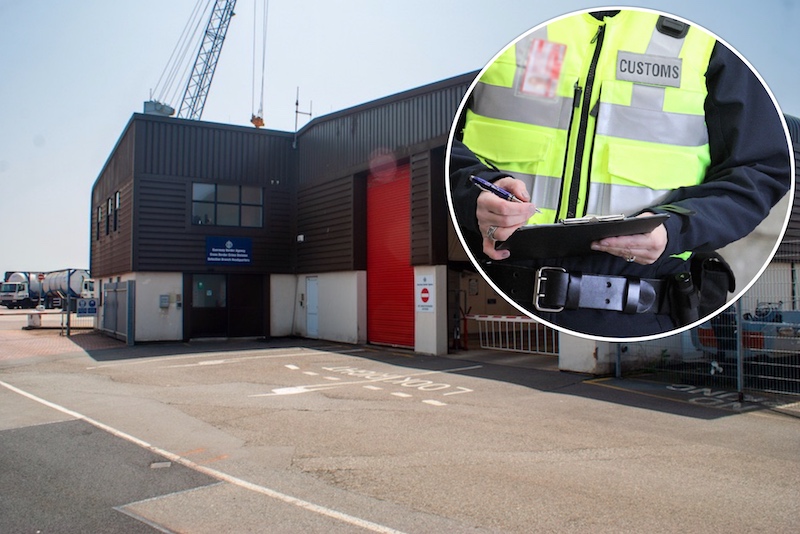
Pictured: Whilst going through customs, the pair were stopped by officers and questioned.
They were asked why they were leaving the car in Guernsey. They said they had planned to return to the UK by ferry but that Willey had been feeling unwell and therefore they had decided that they would return by air instead.
Their bags was searched and swabs identified traces of cocaine on their belongings. Both women continued to deny bringing any illegal substances with them.
A dog was then brought in to smell out any sign of drugs. The dog showed significant interest in the car and officers noticed a strong smell of cannabis.
The women were separated and taken for further questioning, during which time they once again denied being involved in the importation of drugs.
Numerous packages were found hidden in panels of the car. In total, they contained 1.12kg of Class A cocaine – some of which was mixed with MDMA – and 3.85kg of Class B cannabis resin.
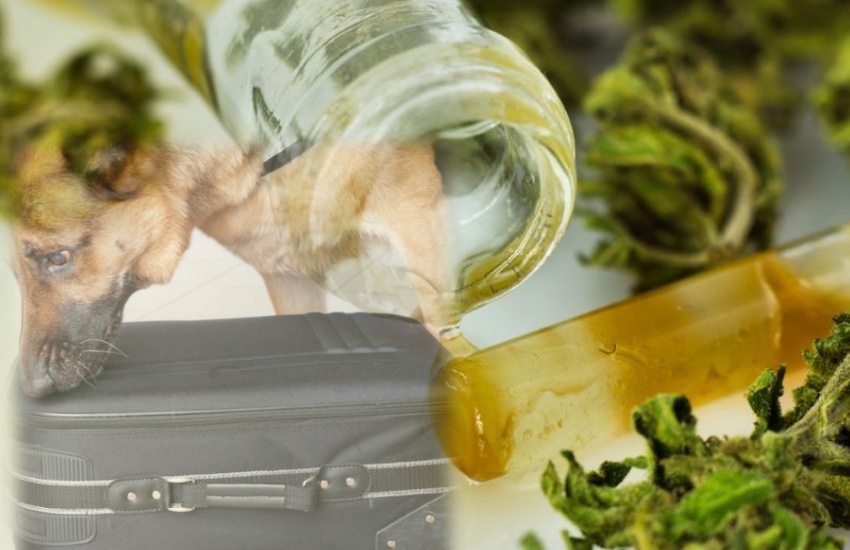
Pictured: A sniffer dog alerted officers to the presence of drugs in the pair's car before large quantities of class A and class B substances were found concealed in panels.
Packages of white spirits were also concealed in the vehicle. It is believed the spirits were being used to dissolve fingerprints. No forensic evidence was left on any of the drugs packages.
Willey and Wellington were arrested and remanded in custody. Both continued to deny knowing anything about the drugs.
The pair had their mobile phones seized. Wellington gave her pin code to police. Willey told officers she had forgotten her pin code. She was served with a notice which gave her seven days to hand over the code.
During an interview, Willey said had been sharing the mobile phone with her partner, who she said was a heroin addict, and that she was worried about getting into trouble with him.
She was charged with a separate offence for refusing to disclose her pin code. However, digital experts in Jersey were able to get into the phone without the pin code.
The phone showed a number of conversations between Willey and a third party who appeared to be orchestrating the importation. Messages on the phone referenced plans to bring over the drugs. Willey had been told the substances she was bringing over were worth £8,000 when they were really worth between £189,000 and £283,000.
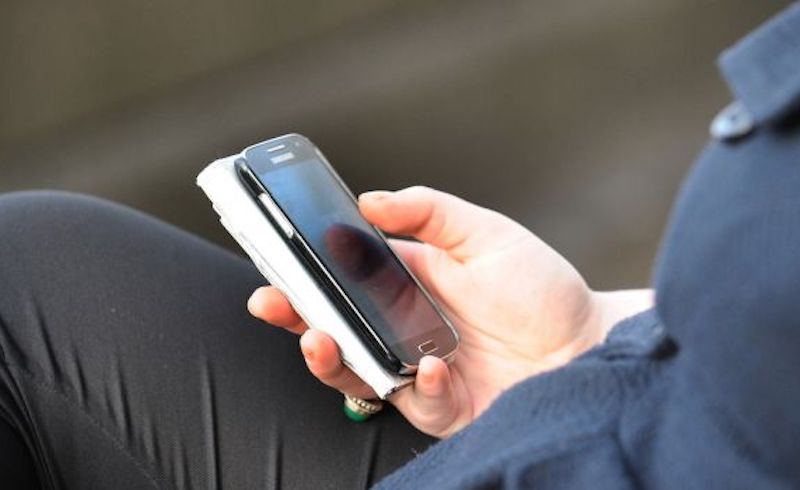
The messages on the phone made it clear that the Audi did not belong to Willey, as initially claimed, and that the pair had taken out a one-day insurance plan to drive it.
They indicated that the women intended to drive the car to the Happy Landings pub, where they were going to meet a third party who had flown over to the island the same day.
The messages also referenced a Renault left by the third party in the airport car park for the two women to pick up and take back to the UK. Willey said she was not feeling well enough to drive and therefore tickets were bought to travel by plane instead.
During police interviews, the women continued to deny their involvement with the importation.
However, they later entered guilty pleas to the charges of importation. Willey also pleaded guilty to a RIPL offence in relation to the mobile phone pin.
Neither of the defendants had any relevant previous convictions and they were both treated as people of previous good character when they appeared before the court.
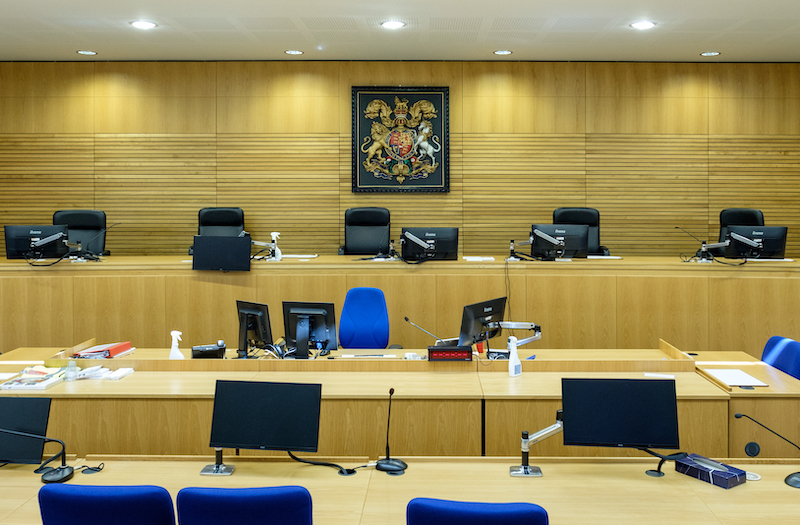
Pictured: The women were sentenced in the Royal Court in October 2020.
Willey was represented by Advocate Liam Roffey. He referred to her as “one of society’s most vulnerable individuals” and said that a third party had taken advantage of her.
Advocate Roffey said Willey was a victim of “serious childhood abuse” and had spent “a significant period of her teenage life” in care. She had suffered with mental health issues from a young age and, later in life, was diagnosed with bipolar and an emotionally unstable personality disorder.
The court heard that Willey had abused drugs for many years. Her doctor said this was a “symptom of her disorder”.
Advocate Roffey said that Willey had been in a number of abusive relationships, the most recent of which was with a man who had a long history of drug misuse. Although the defendant had not taken drugs in the months before entering the relationship, she soon relapsed once in the relationship and started using cocaine and heroin.
“The fear in which she lived is a highly relevant factor as it impacted her decision," said Advocate Roffey.

Pictured: The court was told that a new relationship with a long-term user of drugs had led Willey back to cocaine and heroin in the months before she tried to import drugs into Guernsey.
Advocate Roffey said that Willey “did not know the size of the importation concerned” or the type of drug but that she assumed it was cannabis.
He said his client had been approached by a third party in the days leading up to the offence and had been asked to import the drugs.
“It was a question to which she had no choice but to say yes. In her own words, he’s not a man you say no to," said Advocate Roffey.
He said Willey’s partner had also known about the planned importation and was keen to “get his hands” on the £5,000 she had been offered in return.
“She felt frightened and manipulated by her partner. She was motivated by fear for her personal wellbeing. She was in poor mental health, she was addicted to substances and she was being regularly beaten by her partner," said Advocate Roffey.
“What she did will clearly stay with her forever, but she does recognise that her imprisonment has potentially saved her life.”
Advocate Roffey added that Willey was making efforts to address her substance abuse and had sought help since her remand in prison.

Pictured: Advocate Liam Roffey told the court that his client, Hannah Willey, had suffered "serious childhood abuse" and was in an abusive relationship at the time she tried to import drugs into Guernsey.
Willey's co-defendant, Wellington, was represented by Advocate Sara Mallett.
Advocate Mallett said that her client had also made attempts to address personal problems during her time on remand and was keen to continue addressing them.
She said that Wellington was recruited later in the importation plans and agreed to go along with Willey for the journey but with no pay in return.
“She made a catastrophic error by agreeing to come to Guernsey for the first time,” said Advocate Mallett.
“My client was used as a mule or probably a cover story for a mule. In terms of role, my client is the lowest of the low. She was eager to please and easily influenced.
“She had a strong suspicion of something dodgy and turned a blind eye. Turning a blind eye has never come at such a cost.”
Advocate Mallett referenced Wellington’s probation report, which assessed her as having a “low likelihood” of reoffending.
“This behaviour really is out of character and something that is entirely beyond her and she will never find herself here again,” said Advocate Mallett.
“This is an example of a very foolish lady who will pay costs for a mistake, but she is not a hardened criminal.”
Judge Russell Finch and seven Jurats listened to the facts of the case followed by the mitigation put forward by the two Advocates. After about an hour of deliberation, they returned with a sentence.

Pictured: “This would appear to be our largest importation of Class A drugs,” Judge Finch told the defendants.
Judge Finch gave the defendants credit for their early guilty pleas and previous good character but noted that they had initially denied involvement in the crime.
“The denials did not help either of you and insulted everyone’s intelligence,” said Judge Finch.
“You played, as couriers, a critical role in this importation and Guernsey isn’t a soft touch for those who import drugs.”
Judge Finch added that the amount of “sympathy” the court had for the defendants’ personal circumstances was “dwarfed” by the amount of harm that could have been caused had the drugs reached the people of Guernsey.
Wellington was sentenced to eight years and six months in prison for her involvement in the importation, which the court agreed was lesser than that of Willey.
Willey was sentenced to 10 years and six months for her involvement and an extra six months to run consecutively for refusing to disclose her pin code, making a total of 11 years in jail.
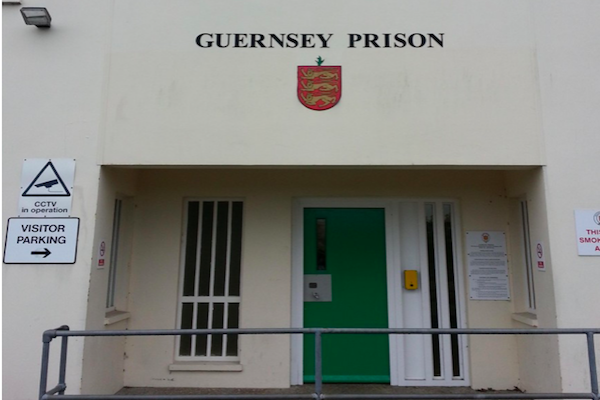
Pictured: The court was told that Willey and Wellington were seeking help in prison to address personal problems.
Willey's attempt to appeal against her sentence late in 2021 was not her first such effort.
She also sought leave to appeal on numerous grounds in November 2020.
She was refused leave to appeal on both occasions.
READ MORE…
FOCUS: Why are drug offences sentenced the way they are?
Comments
Comments on this story express the views of the commentator only, not Bailiwick Publishing. We are unable to guarantee the accuracy of any of those comments.